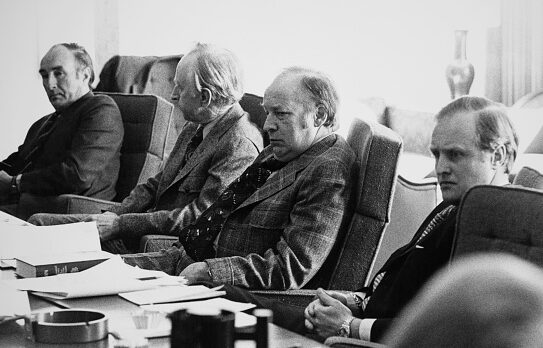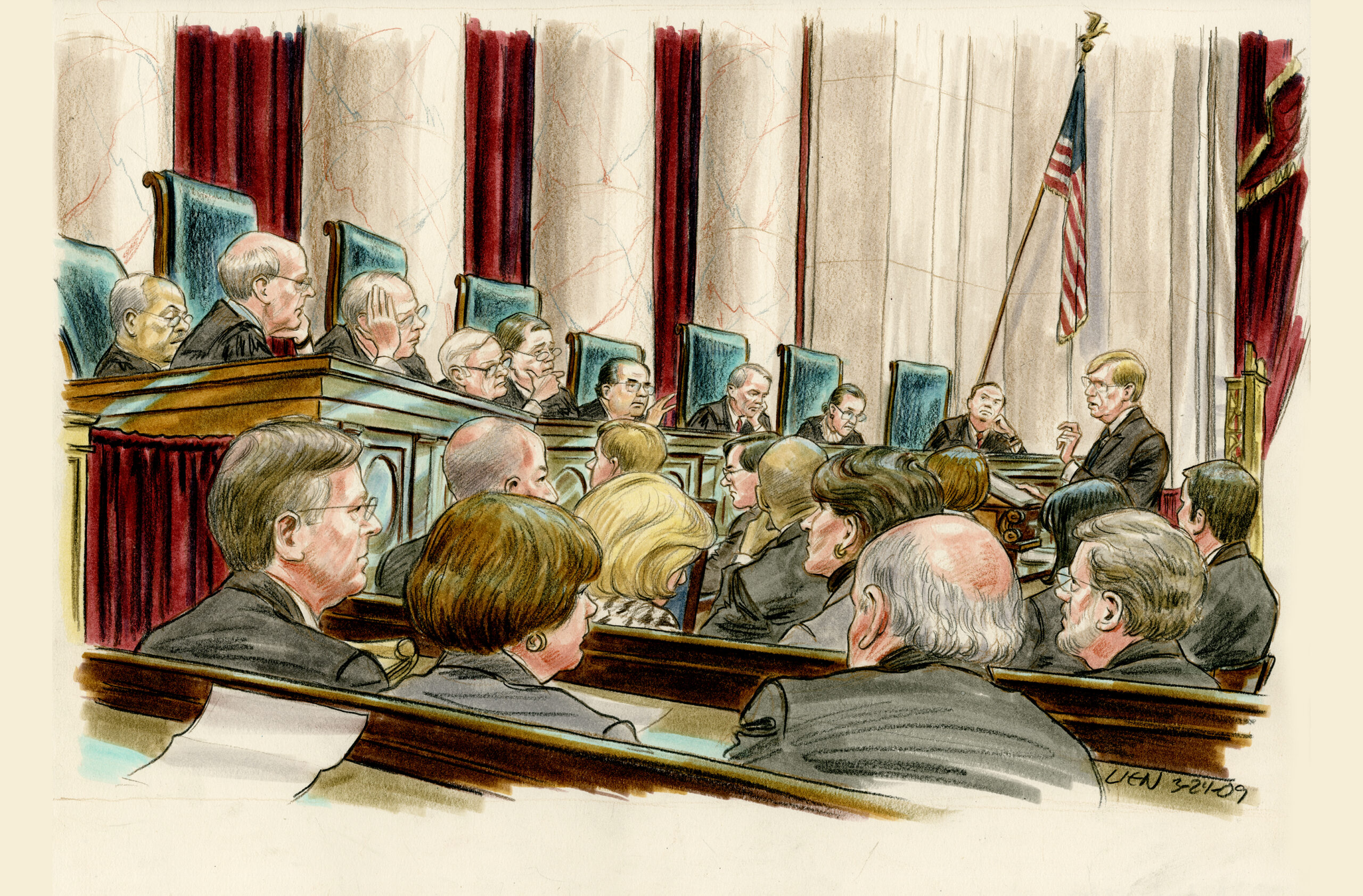
‘Dying in silence’
U.S. Immigration and Customs Enforcement, mandated by federal law to publicize and investigate the death of every detainee in its care, has been using a loophole to avoid full accountability. A recent investigation discovered that ICE underreported fatalities by releasing sick inmates to hospitals, where some died shortly afterward.












